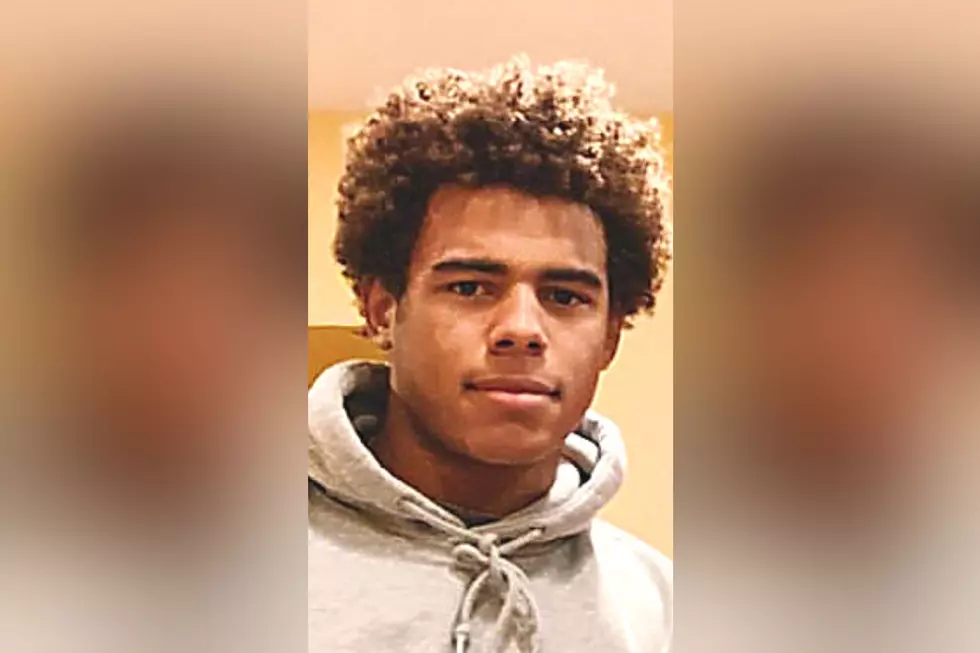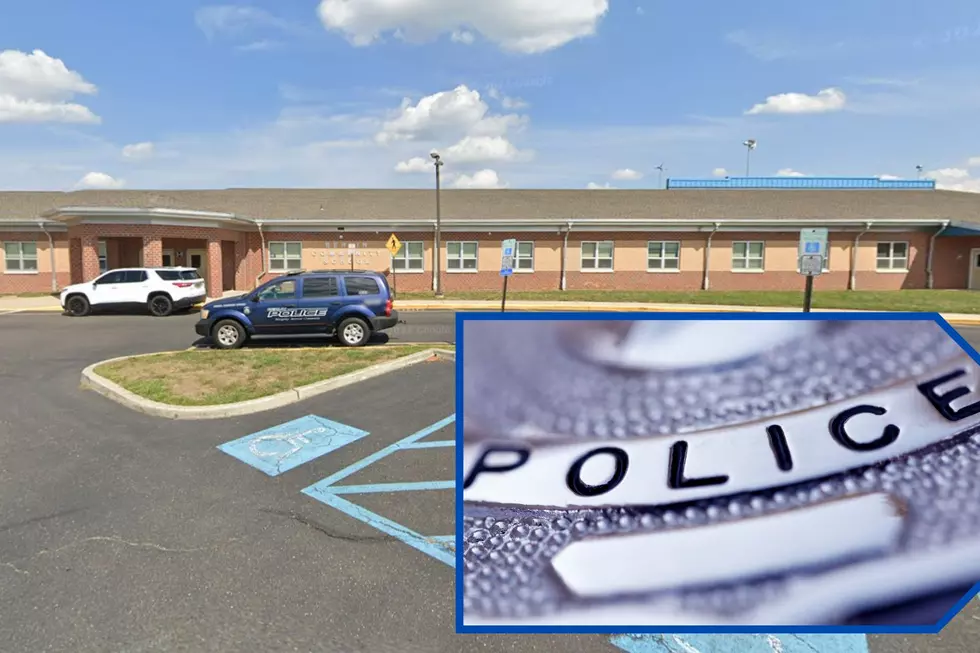
Star NJ high school athlete gets concussion — 5 weeks later, takes his own life
EDITOR'S NOTE: First in a series.
Jared Crippen had it all. But suddenly everything seemed to change.
The 16-year-old high school student at Brick Memorial High School was a popular kid, a star wrestler and lacrosse player — someone who always looked on the bright side of things.
During a lacrosse game last March, Jared suffered a concussion that led to headaches and sensitivity to light.
He returned to the lacrosse field two weeks later. But his behavior wasn’t normal. He started talking back to his mother. He skipped classes. He seemed depressed. His mother later heard that he had left a party because he had started crying for no apparent reason.
The following month, on April 23, Jared took his own life.
His devastated mother is convinced her son had not healed from his head injury and that more should have been done to make sure he was healthy before returning to the field.
Laura Lowney is drawing attention to her son — and pushing for mandatory education and physical testing of young athletes — as the nation debates the safety of its most popular sports, particularly when it comes to concussions and traumatic brain injuries.
A concussion happens when a blow to the head causes the brain to move within the skull. Post-concussion syndrome symptoms can include headaches, dizziness, blurred vision, ringing in ears, fatigue, irritability, anxiety, insomnia and memory loss and concentration problems.
Concussions are not always life-threatening, but they are serious and their effect on longterm health are still being studied. A type of degenerative brain disease called chronic traumatic encephalopathy has been tied concussions among athletes.
In 2017, after Boston University researchers published their findings that all but one of the 111 brains of former NFL players that they had studied showed signs of chronic traumatic encephalopathy, the NFL responded by saying that it takes such research seriously. A new study published last month in the Annals of Neurology, which looked at a sample of 266 deceased football players, found that players were 10 times more likely to develop CTE if they had played more than 14.5 years.
But as Jared's case shows, football isn't the only contact or impact sport where players are at risk for concussions.
Came home bleeding
Lowney said that when her son returned home after the lacrosse game, he complained of not feeling well. When his helmet came off, she discovered a bleeding gash on his head and took him to the hospital.
Doctors told Lowney that Jared should follow up with his own pediatrician. After getting the OK, he went to see the school athletic trainer to get clearance to return to sports.
Lowney said she doesn’t blame the school for her son’s suicide but more must be done to make parents, students and trainers aware of the connection between concussions and mental health.
“He was such a happy kid — active, he joked around a lot, he had such great friends. His friends loved him, his teammates loved him, his coaches loved him, his teachers loved him. He was kind, he was just such a good boy.”
But then things suddenly changed.
“He was snappy, but I was thinking: He’s 16 years old, this is normal. I didn’t link it to his concussion,” she said, “What needs to be known is these things are things to look out for, which I was never told.”
She said a general email about concussions sent out to families is not enough.
“These things need to be talked about at the beginning of the season meetings. It should be the parents at the meetings with the kids," she said. "Concussions should be talked about. Post-concussion syndrome is very debilitating and these kids will hide it because of the pressure to get back into that sport.”
She also believes more stringent concussion and baseline testing should be mandatory in all high school sports programs.
“Even if they’re not feeling 100%, they’re going to say they’re feeling OK because they don’t know how damaging it can be to get back on that field and get hit again," she said.
“I feel like if Jared had a baseline test, he would have never been back on that field as soon as he was," Lowney said. "He needed more time to heal. He wasn’t healed all the way.”

More from New Jersey 101.5:
You can contact reporter David Matthau at David.Matthau@townsquaremedia.com
More From New Jersey 101.5 FM









